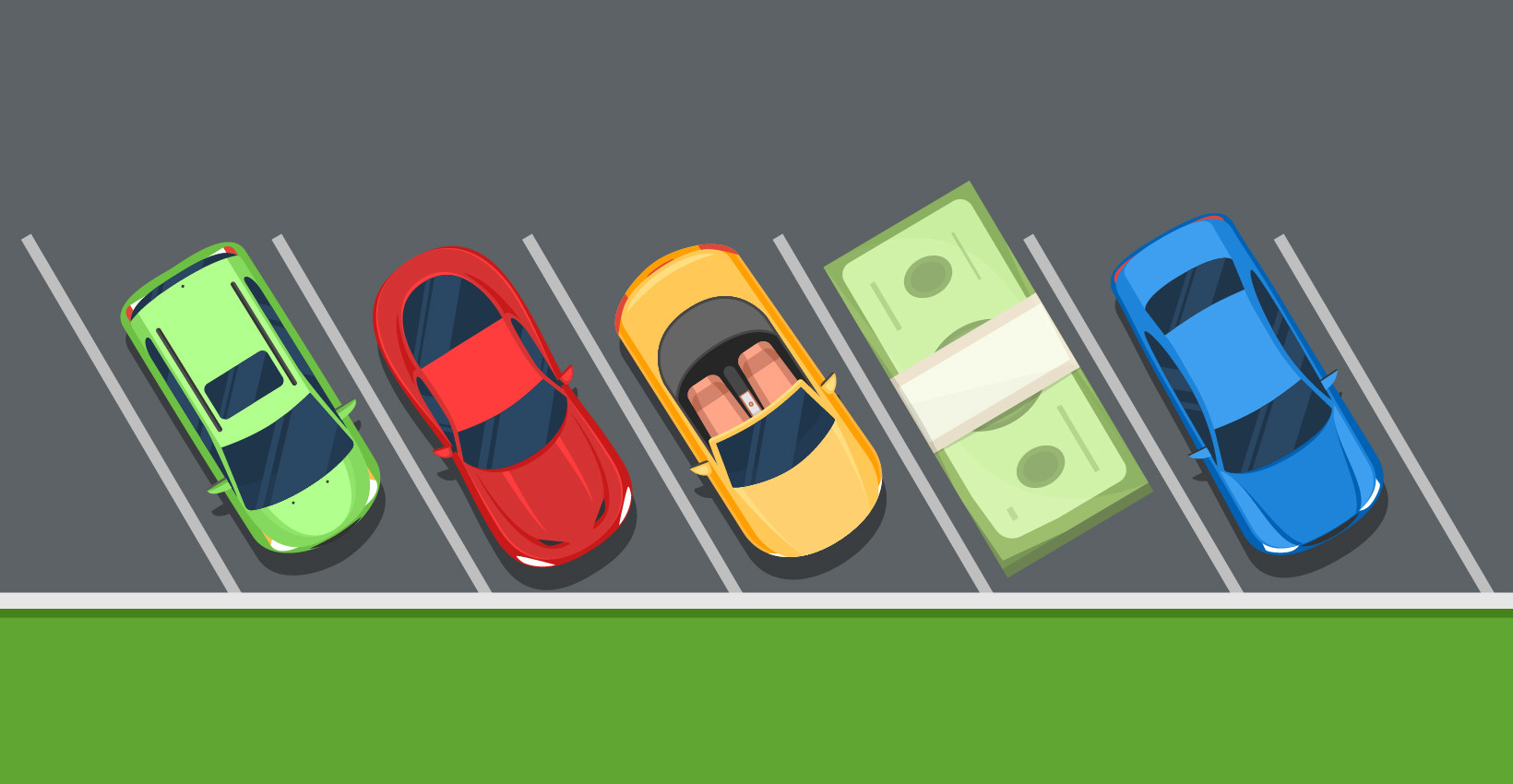Find the right savings vehicle for parking your cash

Are you looking to park some of your extra cash and just aren’t sure where you should? We can help you narrow down the search for the right savings vehicle for all that stashed cash.
We’ve put together some information on five popular account options you can choose from, along with a synopsis on several factors to consider: access to your funds, interest rates, how easy they are to self-service, and penalties for using your funds.
Savings accounts
A savings account is the most basic option for saving money. It’s a deposit account held at a credit union or bank like UBT. Savings accounts allow you to store your funds and earn a modest amount of interest. While the interest rates on savings accounts are typically low, they offer some of the easiest access to your money via online banking transfers.
- Access to funds: Easy
- Interest rates: Low
- Self-service: Easy
- Penalties: Minimal (unless you exceed withdrawal number limits)
Money market accounts
A money market account is similar to a savings account but typically offers a higher interest rate due to minimum balance requirements. They offer flexibility and limited check-writing capabilities, making them attractive to many savers.
- Access to funds: Easy
- Interest rates: Moderately high
- Self-service: Easy
- Penalties: Minimal (unless you exceed withdrawal number limits)
Checking accounts
Checking accounts are designed for day-to-day expenses and transactions but can also be used to store savings. Some checking accounts pay a little bit of interest — or more than a little, if you choose a premium account — and they offer a lot of flexibility with self-service options like debit cards, online BillPay, mobile check deposit, etc.
- Access to funds: Easiest
- Interest rates: Lowest
- Self-service: Easy
- Penalties: Some banks charge a fee if your balance goes under a minimum balance requirement
Certificates of deposit (CDs)
A certificate of deposit is a deposit account with a locked-in interest rate and fixed term, typically ranging from three months to five years. CDs can be a great option for those who want to put their money away and won’t need access to it for quite a while. Since CDs have a locked-in rate, they offer higher returns, but they might also have higher penalties if you withdraw your funds early.
- Access to funds: Somewhat difficult
- Interest rates: Highest
- Self-service: Not as easy; many need to be set up by a banker, though UBT offers five that can be opened online
- Penalties: High (for early withdrawals before maturity)
Government-backed securities**
Treasury bonds, bills, and notes issued by the Federal Reserve are also backed by the full faith and credit of the United States government. There’s very low risk of money loss and rates are good too.
- Access to funds: Fairly easy
- Interest rates: Good
- Self-service: Not as easy
- Penalties: None
As always, it’s important to consider your timeline and financial goals when choosing an account for your money. Be sure to take into account the interest rate, any penalties, and how you prefer to manage the account. Our bankers are always here to help you sort it out too, so don’t hesitate to stop by a branch to speak to a personal banker!
|
Learning Center articles, guides, blogs, podcasts, and videos are for informational purposes only and are not an advertisement for a product or service. The accuracy and completeness is not guaranteed and does not constitute legal or tax advice. Please consult with your own tax, legal, and financial advisors.




